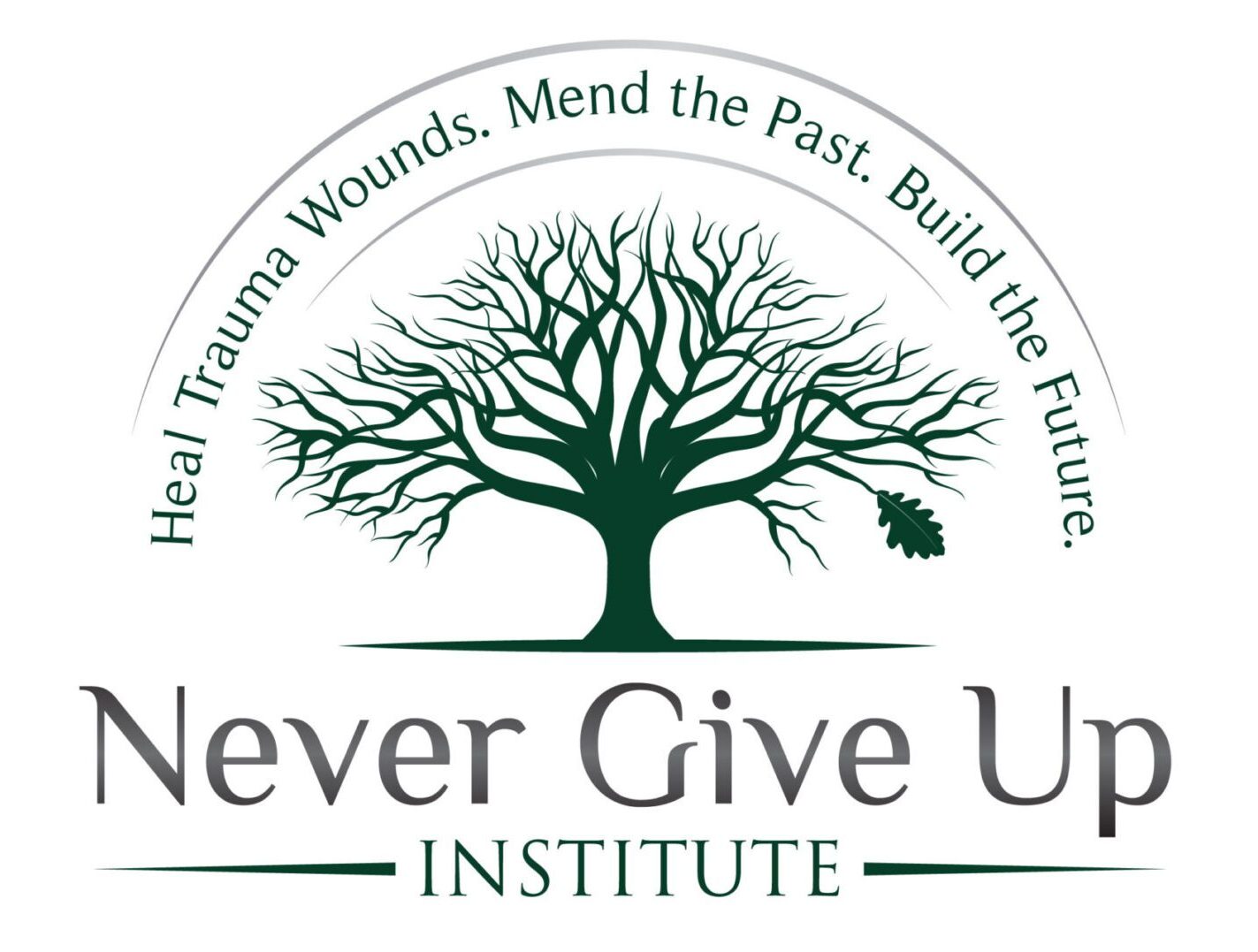 I received this article from DrugRehab.com today about childhood trauma and substance abuse. I thought my readers who were abused as children would find this information helpful. Please remember that the connection between trauma and illness is a vicious cycle. It becomes even more deadly if you use alcohol or drugs to cope with your unresolved trauma issues. Get help immediately.
I received this article from DrugRehab.com today about childhood trauma and substance abuse. I thought my readers who were abused as children would find this information helpful. Please remember that the connection between trauma and illness is a vicious cycle. It becomes even more deadly if you use alcohol or drugs to cope with your unresolved trauma issues. Get help immediately.
I want to thank Trey Dyer for writing this enlightening article.
Childhood Trauma and Substance Abuse
Adults aren’t the only group that lives with post-traumatic stress disorder (PTSD). Children also experience trauma at high rates. Many adolescents suffering from PTSD turn to drugs to numb the physical, emotional and psychological pain of trauma.
Childhood PTSD
Anywhere from 15 to 43 percent of girls and 14 to 43 percent of boys in the United States experience a traumatic event, per the National Center for PTSD. Among this group, up to 15 percent of girls and up to 6 percent of boys have PTSD. Children who experience traumatic events grapple with a swirl of emotions. For example, sexually abused children often exhibit fear, worry, sadness and anger. They may also feel isolated or as though people are looking down on them. This can cause low self-esteem and an inability to trust others.

RISK FACTORS FOR PTSD IN CHILDREN
Post-traumatic stress disorder (PTSD) affects children in different ways. The more traumas a child experiences, the more likely he or she is to develop PTSD. Children and teens who go through intense traumas have the highest levels of PTSD symptoms.
Children ages 5–12 often do not have flashbacks or difficulties remembering their traumatic experience. Instead, they think there were signs that foretold the trauma and believe these signs may show up again. As a result, they stay cognizant of their surroundings to avoid future trauma.
Young children may also show signs of trauma in their play. For example, children who survive a school shooting may gravitate toward video games that involve shooting. They may even carry a gun to school themselves.
A teen may endure traumatic events, such as physical abuse, sexual assault, vehicular accidents or cyberbullying. Symptoms of PTSD among children ages 12–18 are similar to those found in many adults: aggressive behaviors, mood swings and isolation. Teens with PTSD may also self-harm or exhibit promiscuous behavior.
Substance Abuse as a Coping Mechanism
Looking for an outlet, many adolescents with PTSD turn to drugs or alcohol.
Overall, 25 percent of physically assaulted or abused teens reported lifetime substance abuse or dependence, per the survey.
Source: U.S. Department of Justice
According to a survey by the U.S. Department of Justice, 17 percent of boys who witnessed violence reported substance abuse or dependency. This statistic was similar to that of girls who witnessed violence.
The survey also found that 27.5 percent of sexually assaulted girls reported substance abuse or dependence in their lifetime. Among sexually assaulted boys, the number was 34.4 percent. Many of these children went on to commit delinquent acts, such as robbery or aggravated assault.
Overall, 25 percent of physically assaulted or abused teens reported lifetime substance abuse or dependence, per the survey.
A 2010 study published in the journal Addictive Behaviors found that PTSD contributes to the development of marijuana abuse or dependence among adolescents.
Another study, published in the journal Depression and Anxiety, found that PTSD led to alcohol, cocaine and marijuana use. The study found that levels of physical, sexual and emotional abuse in children were strongly associated with cocaine use later in life.
Remember to “never give up” on your journey to be healed from unresolved trauma.
Alex Acker-Halbur

Got my attention, Thanks.
With thanks! Valuable information!
Of course, what a magnificent blog and instructive posts, I surely will bookmark your website.All the Best!
Thank you for any other magnificent article. The place else may anyone get that kind of information in such an ideal manner of writing? I’ve a presentation subsequent week, and I’m at the search for such info.
Hello there, You’ve done an excellent job. I抣l definitely digg it and individually recommend to my friends. I am confident they will be benefited from this web site.
Your place is valueble for me. Thanks!?
After study a few of the blog posts on your website now, and I truly like your way of blogging. I bookmarked it to my bookmark website list and will be checking back soon. Pls check out my web site as well and let me know what you think.
Great goods from you, man. I have understand your stuff previous to and you’re just extremely great. I actually like what you have acquired here, certainly like what you’re stating and the way in which you say it. You make it entertaining and you still take care of to keep it sensible. I can not wait to read far more from you. This is actually a great web site.
Thank you for your wonderful feedback on my website and articles. I try really hard to make sure my readers are getting important information on how to heal from stress and unresolved trauma. It’s my mission in life. You made my day. Thanks again, Alexis Acker-Halbur
Hello just wanted to give you a quick heads up and let you know a few of the images aren’t loading properly. I’m not sure why but I think its a linking issue. I’ve tried it in two different browsers and both show the same outcome.
Thanks for letting me know. I’ll remedy this situation today. I so appreciate your feedback! Thanks a millin. Alex Acker-Halbur
Greetings! I’ve been following your blog for a long time now and finally got the courage to go ahead and give you a shout out from Austin Tx! Just wanted to say keep up the fantastic job!
Thank you, Austin, TX wellness reader. I so appreciate you comment and support on Never Give Up Institute!
I cannot thank you enough for the blog post.Thanks Again. Great.